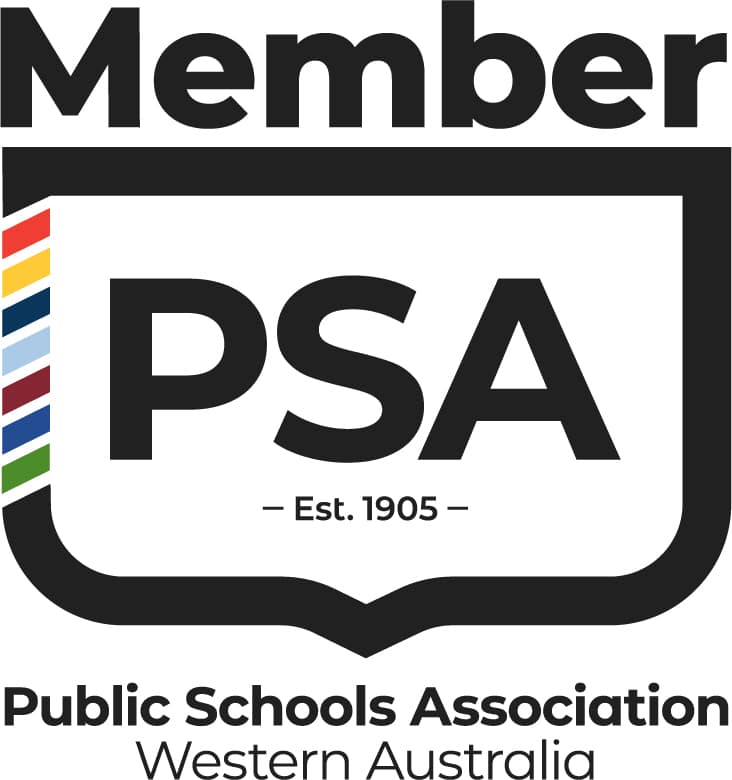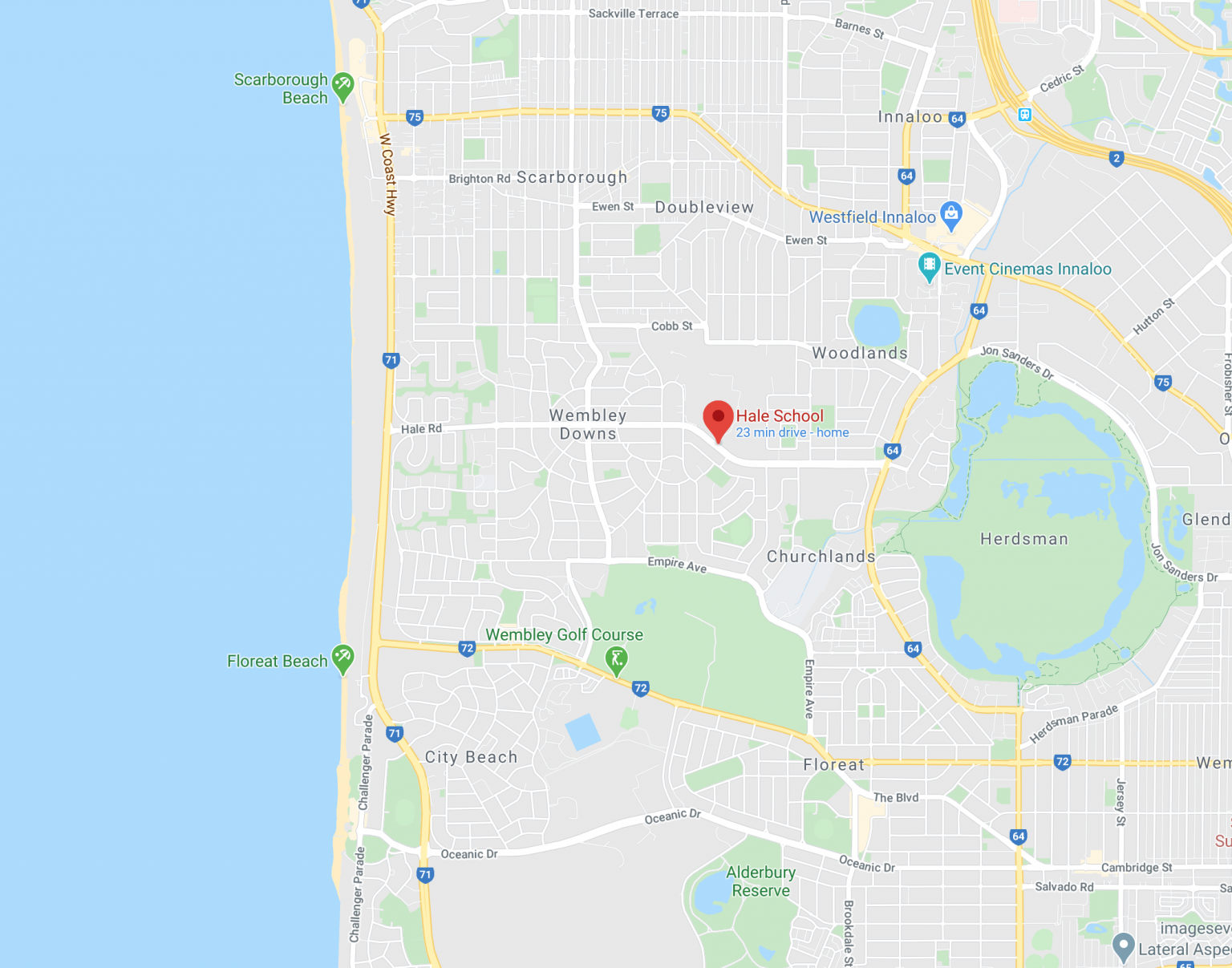Over 150 teachers and school leaders from boys and co-educational schools – including delegates from every state of Australia and New Zealand and a strong contingent of Hale staff – descended on Hale School last week for the International Boys’ Schools Coalition (IBSC) Australasian Regional Conference. It was the first IBSC regional conference in Australia since 2019, the first ever in WA and the largest Australasian regional event in IBSC history.
Under the overall conference theme of ‘Purpose and Identity’, delegates were treated to diverse keynotes from leading educational speakers and thought leaders from around the nation and the world. Hale’s own Chaplain, Father Tom Couper, delivered a prescient treatise on the higher purpose of education.
Alongside the keynote sessions, delegates immersed themselves in numerous highly engaging workshop sessions, largely delivered by Hale staff. Workshop topics spanned primary, middle and secondary education and a broad range of interest areas.
Professor Andrew Martin of the University of NSW previewed results from current research on teaching and co-curricular practices that support academic and social-emotional wellbeing in boys. His global study, conducted jointly with the IBSC and strongly supported by Hale, involved 43 schools and more than 17,000 boys across six countries. Significantly, the research indicates that the single most important factor for boys in optimising wellbeing is positive self-belief from teachers and coaches. This includes implicit and explicit messages of confidence in their capacity to succeed, learn, develop skills and navigate challenges.
Conference sessions emphasised that instilling values in young people that inform decision-making, enhance knowledge of self, and develop an appreciation for the inherent value and dignity of each person is a slow burn, involving schools and families working together. In the case of boys, the research is unequivocal that adolescence is a time when engagement, academic achievement and resilience often dip. It is also a time when literacy outcomes are most at risk. Working against this natural trend and keeping boys close enough to know we care, yet far enough for them to learn the responsibility that independence demands, requires a purposeful approach and deep reflection on the broader and higher meaning of a quality education.
Today’s approach to educating boys needs to be broader, more humane and more nuanced.
The task in working with the boys at Hale is not to tell them what to think, but to help them develop both the will and the skill to think for themselves. Through their participation in the school’s broad offerings, boys come to understand that a Hale education is not merely a means to an end, but something of meaning and value in its own right.



